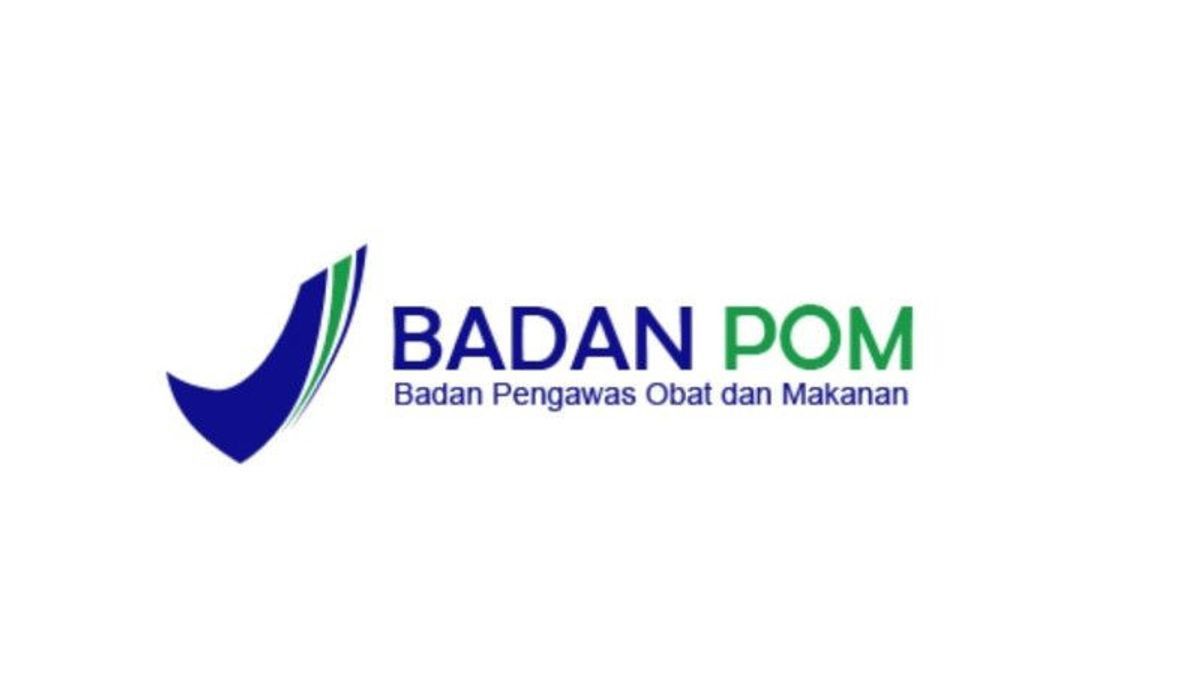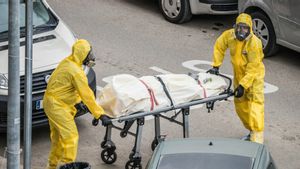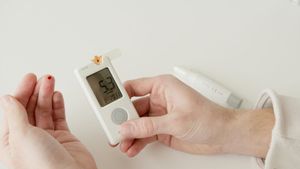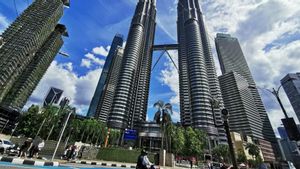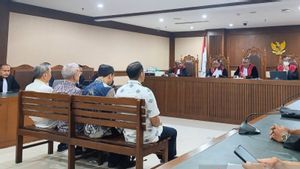YOGYAKARTA Some people may ask about the duties and authorities of BPOM after the agency imposed sanctions on three pharmaceutical industries, namely PT Yarindo Farmatama, PT Universal Pharmaceutical and PT Afifarmharma for distributing volatile drugs contaminated with glycol ethylene (EG) and dietilen glycol (DEG).
The supply of drug replaces that were contaminated by the two chemicals was alleged to be the cause of the increase in cases of Accreting Progressive Acuterine failure (GGAPA) in the country.
Since the GGAPA case has spread, BPOM has been at the forefront of the government aggressively investigating the case. So, what is the task and authority of the Indonesian Food and Drug Supervisory Agency (BPOM)?
Quoted by VOI from the official BPOM website, Tuesday, November 1, 2022, Indonesia must have an active and efficient monitoring system to oversee people's consumption products. This system can be realized by the establishment of BPOM as one of the Non-Ministry Government Institutions (LPNK).
BPOM has a national and international network and has the authority to enforce the law. As LPNK, the duties and functions of BPOM are officially regulated by the state.
BPOM's duties
According to Article 2 of Presidential Regulation (Perpres) No. 80/2017 concerning the Food and Drug Supervisory Agency, the main tasks of BPOM include:
Meanwhile, according to article 3 in Presidential Regulation Number 80 of 2017 concerning the Food and Drug Supervisory Agency, BPOM has a function:
BPOM Authority
Based on Article 4 of Presidential Regulation Number 80 of 2017 concerning the Food and Drug Supervisory Agency. In carrying out the task of monitoring drugs and food, BPOM has the authority:
This is information regarding the duties and authorities of BPOM.
The English, Chinese, Japanese, Arabic, and French versions are automatically generated by the AI. So there may still be inaccuracies in translating, please always see Indonesian as our main language. (system supported by DigitalSiber.id)
